Forgiveness after trauma can feel impossible, but it’s a powerful step towards healing and reclaiming your peace. Explore how you can embrace forgiveness and finally move on from your painful past.
In this life, each of us has a tapestry of experiences. Many of those pieces, unfortunately, come with the heavy and dark threads of trauma. Sometimes, they’re from single events that change our lives’ trajectory; other times, it’s the culmination of a period of trials.
Either way, we are significantly affected and shaped, which guides how we deal with ourselves and the world. The key is using the power of forgiveness in those trials and traumas to propel us toward growth and even joy.
While it may seem contradictory and out of our reach, forgiveness after trauma really can be the fundamental first step we need to take in our journey toward healing and peace.
Related: Emotional Muscle Memory: How To Release Painful Emotions Trapped In Your Body
Understanding Trauma and Its Effects
Trauma can be likened to a storm that destroys a beautiful garden, leaving behind an irreparable landscape. It’s an emotional response to an event or series of events that overwhelms our ability to cope, leading to a lasting psychological impact.
This disruption shows itself in many ways, influencing our relationships with others and ourselves. It can lead to a distorted self-perception, challenging the creation and maintenance of meaningful connections.
It can change how we function daily and cast a shadow over everything we do.
Trauma, much like the unique patterns of a snowflake, manifests uniquely for different people. While it does not discriminate by age, gender, or background, the way trauma affects people is deeply personal and, often, profoundly hidden.
Trauma can come from a single, life-altering moment—a sharp, piercing incident that shatters our sense of safety and security. This could be an accident, a natural disaster, a sudden loss, or an act of violence. It’s anything that can leave an indelible mark on our psyche.
Trauma can also unfold more subtly through experiences that, over time, accumulate like layers of frost on a winter windowpane. These might include prolonged exposure to abuse, neglect, or living in environments where uncertainty and fear are constant companions.
These prolonged traumas may not seemingly strike as hard with the immediacy of a single event. Still, their effects can be just as debilitating and wash out our sense of self and safety gradually until the world no longer feels like a place of possibility but one of constant fear, worry, and danger.
Understanding trauma requires us to acknowledge that it is complex and diverse. It’s recognizing that what devastates one person might be experienced differently by another, which just goes to show the very individual nature of our responses to traumatic events.
This uniqueness is why it’s so important to focus on compassion and empathy when we interact with others and that they do so with us. We must hold space for the different ways in which trauma can affect us without judgment or assumption.
Trauma doesn’t just shape our emotional functions but our physical and mental health as well. It can lead to hyper-vigilance, where our body and mind are constantly on alert, scanning for signs of danger even in safe environments.
This state of heightened anxiety can disrupt our sleep, affect our concentration, and make everyday tasks seem like mountains we’ll never pass.
The psychological impact can be equally significant and lead to depression, anxiety, and that little voice inside that makes us feel disconnected from others and even ourselves.
We humans are resilient; with support, understanding, the right resources, and forgiveness, healing is within our reach.
It may involve revisiting painful memories or confronting things that have terrified us for years, but when we look at moving past the mountain, starting with forgiveness, the transformation and potential joy in our lives are limitless.
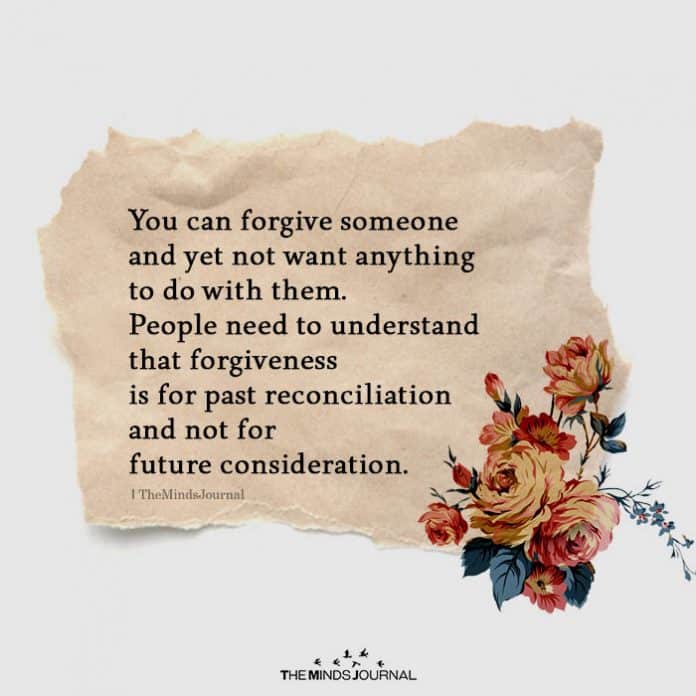
Forgiveness After Trauma: A Step Towards Healing
Forgiveness, especially in the wake of unspeakable tragedy and trauma, is a concept that challenges the very depths of our humanity. It asks us to find within ourselves a capacity for understanding and compassion that seems, at first glance, to contradict our instinctual feelings of rage and sorrow.
We have innate senses of justice that seem like they can’t coexist if we ‘forgive’ and then are expected to forget.
Particularly in situations where we are grappling with a devastating loss inflicted by a senseless act of violence, such as the murder of a child or the irreversible damage caused by a drunk driver taking a loved one away, forgiveness can seem impossible.
When we’ve dealt with abuse—whether it’s physical, emotional, or psychological—we seem to exist in this web of hurt and betrayal and shattered trust. The idea of forgiving someone who has systematically broken down our sense of worth and autonomy isn’t just intimidating but simply feels fundamentally unjust.
But…we humans are incredible! When we’re challenged with these impossibilities, forgiveness’s true power shows itself. When we can forgive, even in these situations, we’re not denying the pain or giving someone a free pass.
Instead, we are radically giving ourselves a gift—the first step to self-healing and liberation from the acts that were unjustly put in our lives. When we decide to forgive, we take power back and release ourselves from anger and resentment.
The best part is that we’re not doing this for the person who hurt us—we’re doing this for OURSELVES! Forgiveness is the ultimate act of reclaiming our own peace and personal power.
Related: 30+ Inspiring Quotes About Forgiveness To Let Go Of The Painful Past
The Journey of Forgiveness
Walking on the path of forgiveness is profoundly personal and can be challenging. It begins with the courage to acknowledge and sit with your pain, to truly feel it, and to understand its roots.
This isn’t about dwelling in the past but recognizing how vital and powerful forgiveness is for our future. The decision to forgive is a critical moment in your healing, and let’s be honest—it’s a choice that may need to be made repeatedly, as healing rarely is that linear, beginning-to-end process we hope for.
Through this process, though, we learn not only about the depth of our resilience but also about the capacity of our hearts to heal and expand.
Challenges in the Forgiveness Process
The road to forgiveness is seldom smooth, though. It’s filled with obstacles. Sometimes, it’s our own lingering bitterness.
Other times, it’s the misconception society throws at us that implies forgiving means you accept the wrongdoing as okay or that you’re weak and gullible. That’s why we need to reframe our understanding of forgiveness.
We have to remember that forgiveness is for US—it’s a powerful act of reclaiming our peace and power, not a surrender.

Practical Steps Towards Forgiveness
Forgiveness is not an event but a series of deliberate and often challenging steps toward your inner peace and healing.
It is a tender process where you unravel the tightly bound threads of pain, regret, and sorrow that trauma, in all its forms, weaves into the fabric of our being.
Here are some ways you can work toward forgiveness after trauma:
1. Journaling
One of the most accessible tools for healing is journaling. It’s a private way to pour our thoughts and emotions—raw and authentic. When we write, we can find clarity and perspective and sift through our feelings as they’re in front of us.
When we journal, we validate our emotions, giving them a shape and form, which can often be the first step towards processing and, eventually, releasing them.
2. Meditation and Mindful Reflection
When we choose to sit in our pain…to greet our memories and emotions with compassion rather than judgment or haste and focus on that, we learn to observe the rise and fall of our feelings without being swept away by them.
Mindful reflection teaches us to honor our experiences without allowing them to define us, recognizing that while our past is a chapter of our story, it is not the entire narrative. The best part? We are the authors who complete the next chapter!
3. Coaching or Therapy
A journey of forgiveness after trauma can benefit significantly from the guidance of a skilled therapist or coach.
Therapists and coaches navigate the often choppy waters of our subconscious, helping us uncover underlying patterns and beliefs formed by our experiences.
We provide a safe and structured environment for you to explore your pain and understand its origins, which is crucial for true forgiveness and healing.
Related: What is Somatic Therapy: 5 Somatic Exercises To Release Trauma
4. Support Groups
No one should have to walk the path of forgiveness alone. Support groups bring together people who share similar wounds. Within these communities, a unique strength is found in shared vulnerability.
Hearing others’ stories of pain and triumph can inspire and comfort us, reminding us that our struggles are personal and universal.
5. Affirmations and Letter Writing
Affirmations are powerful tools for reshaping our narratives, turning that critical inner voice into encouragement and support.
Similarly, even if the letters are never sent, letter writing allows us to articulate the forgiveness we are working towards—forgiveness of others, yes, but also, and crucially, forgiveness of ourselves.
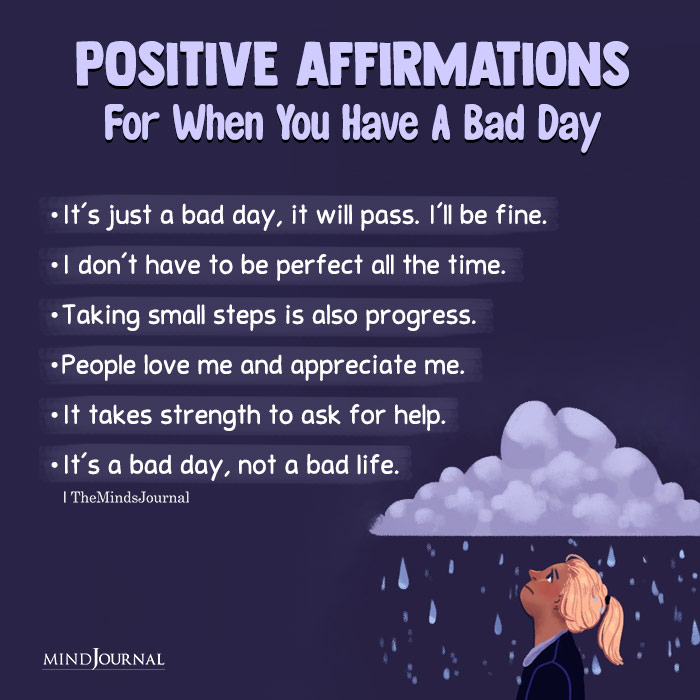
6. Rituals and Ceremonies
Creating personal rituals can mark significant moments on our forgiveness journey. These rituals can be as simple as lighting a candle for each step taken towards forgiveness or as profound as a ceremony of release performed in a meaningful place.
7. Engaging with Art and Nature
Art provides a path for expression that may be difficult to capture in words, while nature offers a space for reflection and a reminder of life’s continual cycle of change and growth. Both can play a vital role in healing, providing solace and inspiration.
As we employ these practical steps, we lay the bricks on the path toward a place of forgiveness. Each step is an act of courage, a commitment to our well-being, and a testament to the belief that even in the aftermath of the deepest hurts, there is hope for a peace-filled future.
Forgiveness After Trauma and Rebuilding Life
Through forgiveness, we allow ourselves the freedom to rewrite our stories, not erasing the past but integrating it into a narrative of survival and personal growth. This process can rejuvenate our personal connections and open us up to new, enriching relationships grounded in authenticity and mutual respect.
Patience and self-care are our vital companions on this journey, reminding us that while the scars of trauma may never entirely disappear, they no longer define us.
Forgiveness after trauma is a gift we give ourselves and a beautiful challenge we rise to meet. It’s always more about us than the person we’re forgiving.
Related: Why Trauma Survivors Don’t Always Need To Forgive
As we embrace forgiveness, we don’t just find closure; we discover a deep well of resilience, compassion, and understanding within, capable of transforming our lives in ways we never imagined.
Check out Brenda’s podcast, “Forgive Yourself with Brenda Reiss”, on her website, https://brendareisscoaching.com/podcast/, and Spotify.
Written By Brenda Reiss
Originally Appeared On Brenda Reiss Coaching


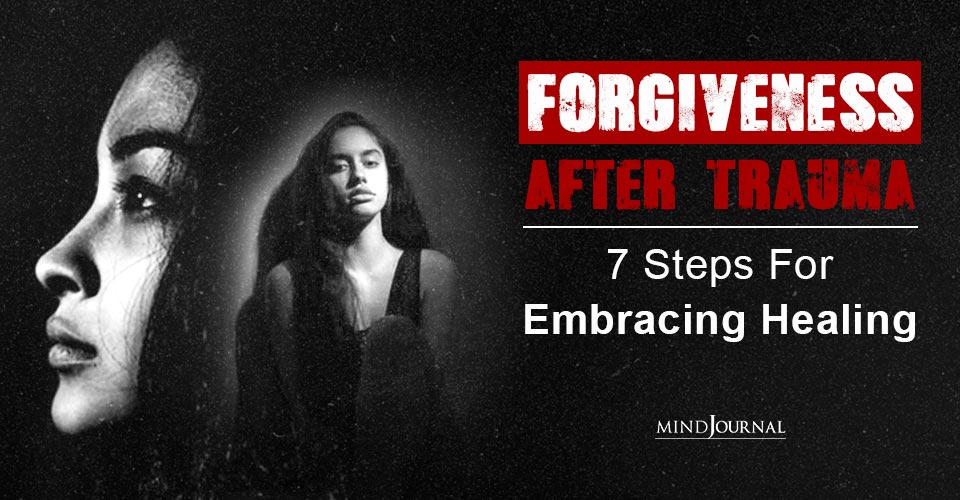



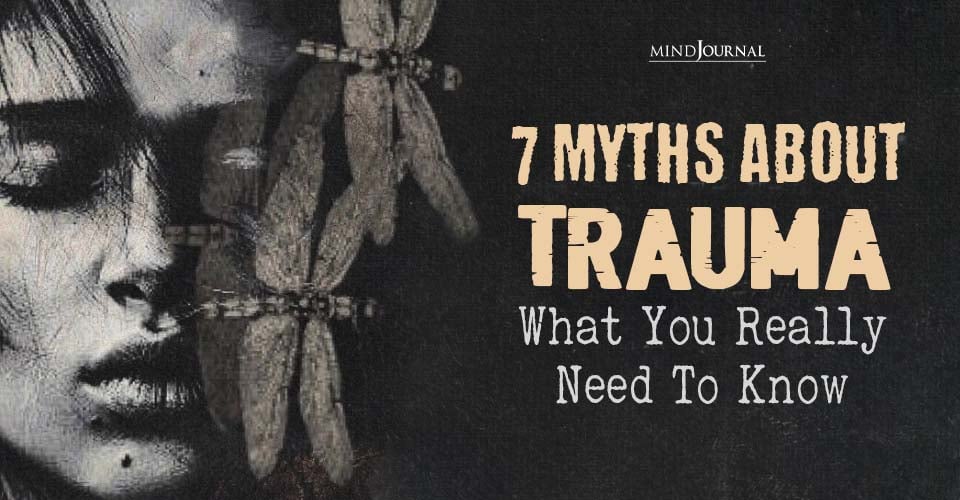
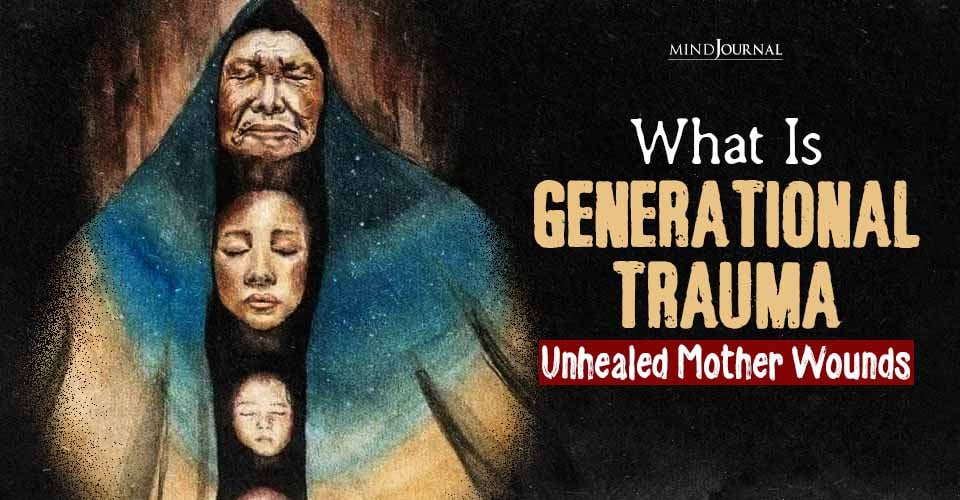

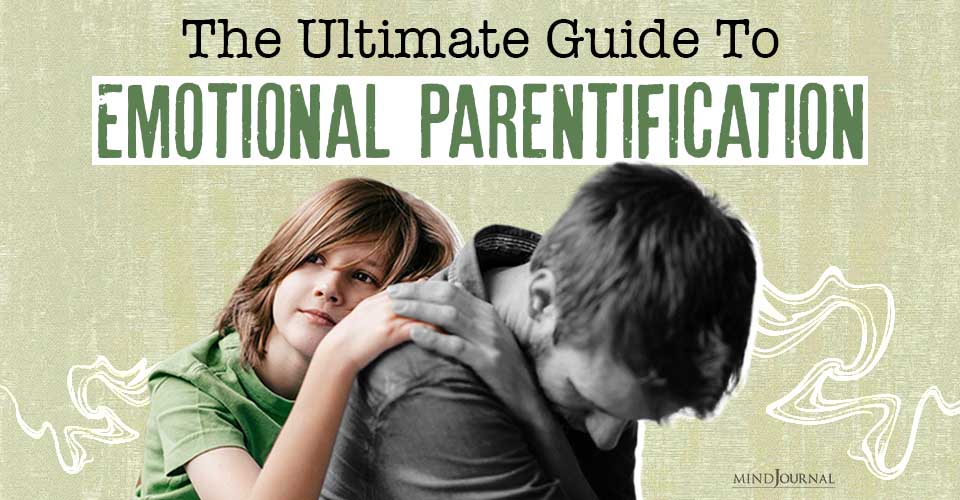
Leave a Reply